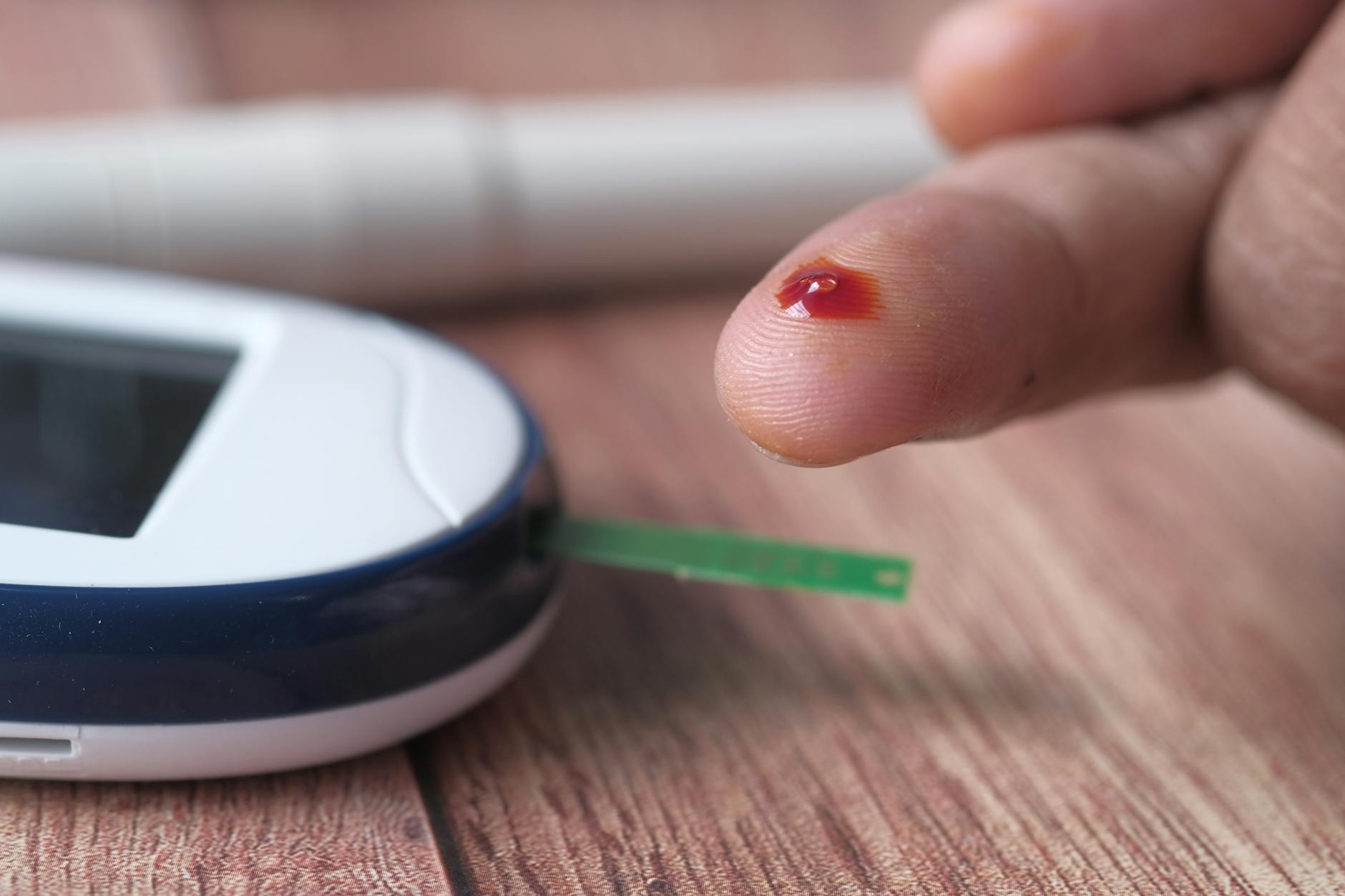Uncover the truth about Type 2 Diabetes and take control of your health with these surprising insights and expert tips.
Table of Contents
Do you feel the sugar shock taking over your life? Type 2 diabetes can be a daunting diagnosis, but with the right knowledge and approach, you can take control of your health and your life. In this comprehensive guide, we will demystify Type 2 diabetes and provide you with actionable tips to manage this condition effectively.
Understanding Type 2 Diabetes
Type 2 diabetes is characterized by insulin resistance, which leads to elevated blood sugar levels. Insulin, a hormone produced by the pancreas, plays a crucial role in regulating blood sugar. When the body becomes resistant to insulin, blood sugar levels can spike, leading to a variety of health issues.
Factors such as genetics, obesity, and an unhealthy lifestyle can contribute to the development of Type 2 diabetes. It is essential to understand that Type 2 diabetes is a manageable condition, and with the right treatment and lifestyle changes, you can lead a healthy and fulfilling life.
Managing Type 2 Diabetes
Managing Type 2 diabetes involves a holistic approach that combines medication, diet, exercise, and lifestyle modifications. Here are some key strategies to help you effectively manage your condition:
Dietary Changes
One of the most critical aspects of managing Type 2 diabetes is adopting a balanced and healthy diet. Focus on incorporating whole, unprocessed foods such as fruits, vegetables, lean proteins, and whole grains into your meals. Avoid sugary beverages, processed foods, and high-carb snacks, as they can cause spikes in blood sugar levels.
Regular Exercise
Regular physical activity is essential for managing Type 2 diabetes. Aim for at least 30 minutes of moderate exercise, such as brisk walking, cycling, or swimming, on most days of the week. Exercise helps to lower blood sugar levels, improve insulin sensitivity, and boost overall health.
Medication Management
If prescribed by your healthcare provider, it is essential to take your medications as directed. These medications help to lower blood sugar levels, control insulin resistance, and prevent complications associated with Type 2 diabetes. Work closely with your healthcare team to find the right medication regimen that works for you.
| Chapter | Topic |
|---|---|
| 1 | Understanding Type 2 Diabetes |
| 2 | Causes of Type 2 Diabetes |
| 3 | Managing Blood Sugar Levels |
| 4 | Dietary Recommendations |
| 5 | Exercise and Physical Activity |
| 6 | Medications for Type 2 Diabetes |
| 7 | Mental Health and Type 2 Diabetes |
Monitoring Blood Sugar Levels
Regular monitoring of your blood sugar levels is crucial for managing Type 2 diabetes. Keep a log of your blood sugar readings and discuss them with your healthcare provider. This information can help you track your progress, identify patterns, and make necessary adjustments to your treatment plan.
Seeking Support
Coping with Type 2 diabetes can be challenging, but you don’t have to do it alone. Seek support from loved ones, friends, or support groups who understand what you are going through. Additionally, consider working with a diabetes educator or counselor who can provide valuable guidance and emotional support.
Conclusion
Living with Type 2 diabetes may present some challenges, but with the right mindset and approach, you can effectively manage your health and lead a fulfilling life. By making healthy lifestyle choices, following your treatment plan, and seeking support when needed, you can empower yourself to take control of your diabetes and thrive.
FAQ
Can Type 2 diabetes be reversed?
While Type 2 diabetes is a chronic condition, it can be managed effectively with lifestyle changes such as diet, exercise, and medication. These interventions can help control blood sugar levels and prevent complications associated with the disease.
What are the risk factors for developing Type 2 diabetes?
Risk factors for Type 2 diabetes include obesity, poor diet, sedentary lifestyle, family history, and age. Making healthy lifestyle choices, such as maintaining a healthy weight and staying active, can reduce the risk of developing Type 2 diabetes.
How often should I monitor my blood sugar levels?
It is recommended to monitor your blood sugar levels regularly, as advised by your healthcare provider. Typically, people with Type 2 diabetes should check their blood sugar levels multiple times a day, especially before and after meals, to track their progress and make necessary adjustments to their treatment plan.
What should I do if I experience a spike in my blood sugar levels?
If you experience a spike in your blood sugar levels, it is essential to stay hydrated, engage in physical activity, and follow your healthcare provider’s recommendations. Avoid high-carb and sugary foods, and consult your healthcare team if spikes in blood sugar levels persist or if you have concerns about your health.





